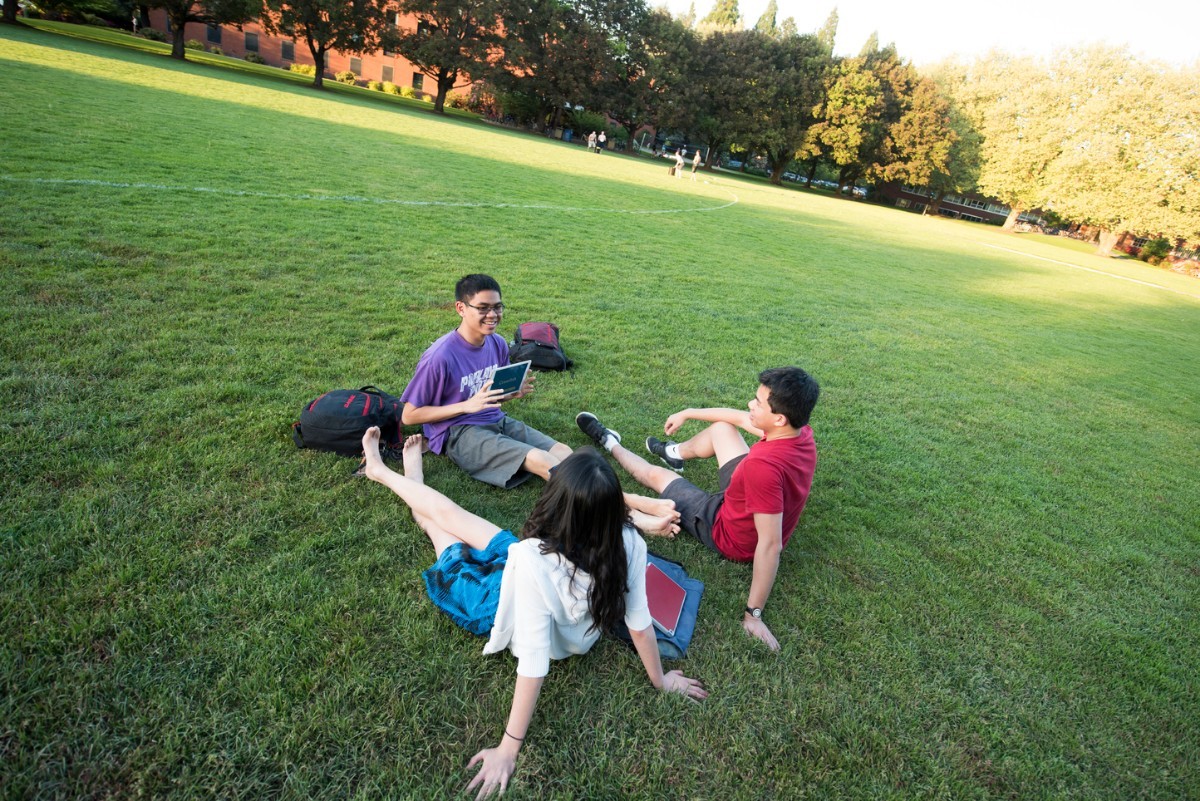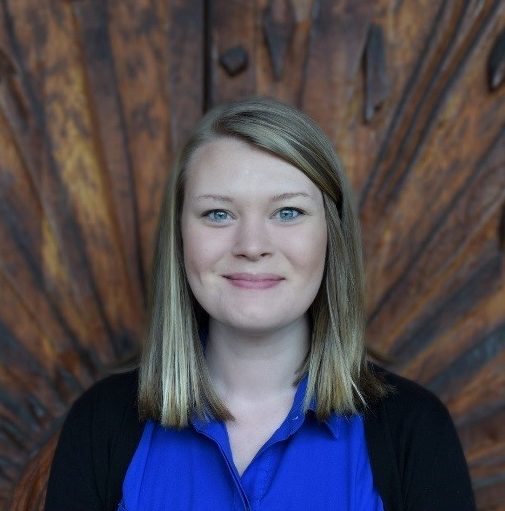On April 19, the Active Minds student group and the Health and Counseling Center hosted an engaging discussion on ways to support your student during this time of transition. We greatly appreciate the student leaders and staff members who offered this opportunity. For those who were not able to join the call, we’ve compiled some of the information and resources that were shared, including insight into what students want parents to know.
Please see the UP Virtual Resources for Mental Health Support, which was compiled by UP’s Academic Health Network and shared during the session.
Student Feedback for Caregiver Support Meeting
Leading up to this parent/caregiver session, Active Minds surveyed their peers online to better understand how they were feeling about recent transitions and what they would want their families to know. While most of the survey participants were currently living with family during quarantine, about one-third were not. You can view answers to the survey below.
What has been the most difficult part of being home with family?
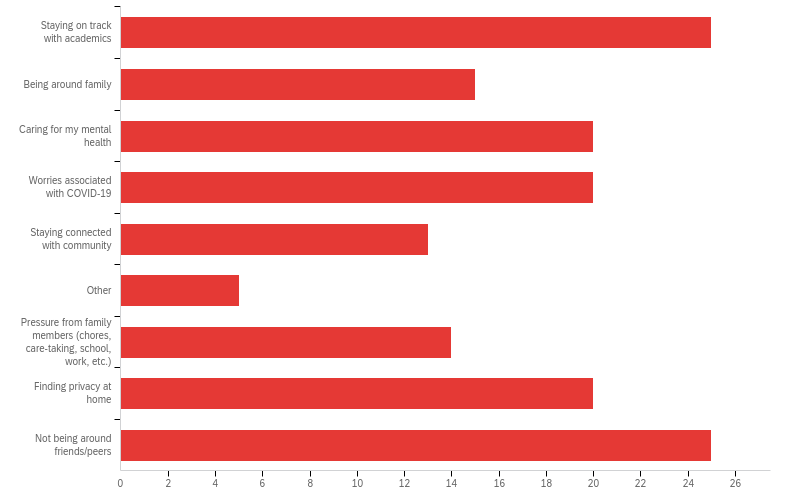
When asked what kind of advice caregivers would benefit most from, students ranked the following:
- How to support my mental and emotional health during quarantine
- How to give me privacy and respect boundaries
- How to communicate feelings/emotions with me
- How to support me in academics
What would you like your family to know/learn about in regards to your being back home for quarantine?
- Even though I am living under your roof once again, I am still an adult.
- Just because I am sad about missing school doesn’t mean I’m not thankful to be home.
- Stop telling me to “suck it up,” “stop whining,” “be thankful for what you have,” etc. It doesn’t help.
- Alone time is healthy.
- Just because your coping mechanisms are different than mine doesn’t mean they are better or more helpful.
- I have grown and changed since going away and my responsibilities are my own.
- Just because I didn’t go home doesn’t me I don’t love you.
- It is hard to be constantly checked up upon or micromanaged when I am at home when I am so used to being independent and on my own. Instilling guilt is not helpful – it is toxic.
- It is really hard to be away from friends and significant others. Facetiming and texting is not the same as in-person interaction. And yes – we are excited to be with our families, but we are supposed to be at school and it is okay if we are sad about it. We also have routines at school that are just not replicated at home which is hard. I would say to my parents: I love you, but I miss my friends and school.
- Part of the reason I am not coming home is to support their safety and well-being.
- For parents of seniors who are not moving home until after graduation, please be gentle with them. Seniors are trying their best to figure out post-grad life, especially in this pandemic.
- The importance of honest, non-accusatory, emotional communication with I-statements!
- I would like them to know that schoolwork has not gotten any easier and that I am grieving for the loss of graduation and the closure I hoped to obtain with professors and classmates.
- After being at college, we see ourselves as being different people from the people we were at the beginning of the year. We have gotten accustomed to living on our own and making our own decisions. Please be patient with us as we adapt to living at home again and we will do our best to follow what you would like us to do. Please also understand the quick transition we all had to make and that we are still feeling some emotional grief at losing half a semester and having to say goodbye to UP and our friends in just a few short days. There is some healing that needs to happen as well. We understand that this situation is for the greater good and we are doing our best to stay positive, but it is a difficult time for us to be at home and doing online classes nonetheless.
- I do not have free time on my hands as my siblings who are also adults but not in college now do have. I am still taking 19 credits and trying to achieve the best grades possible. My schoolwork sometimes needs to come before chores for me and I should not get yelled at for this.
- I’m not a child anymore and this isn’t a vacation – please understand that.
- School is honestly the last thing many people are worried about at the moment, but it feels like such a determining factor for our future. How can parents/caregivers support us in figuring out how to handle our lack of caring about school?
- We are still students and still have an immense workload. Trying to finish off school in this scenario is stressful enough, not even counting in the fact that we’ve been ripped away from our in-person classes and the support of friends. In some cases, we have spent four or more years away from our parents to accomplish our school work. Being back at home now is not the same as it was in high school or being home for a break. Privacy and space as well as independence is crucial.
For more information regarding this session, please feel free to reach out to parents@up.edu, and we will connect you with the appropriate resource.

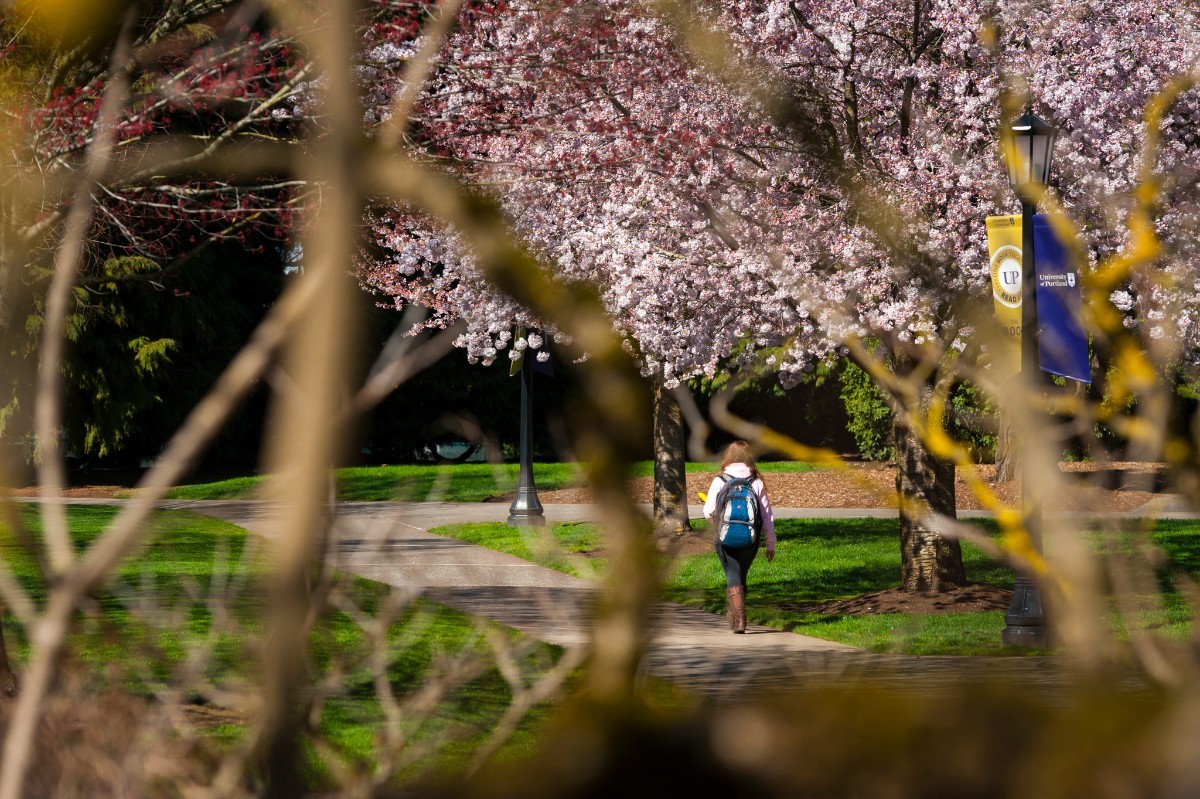
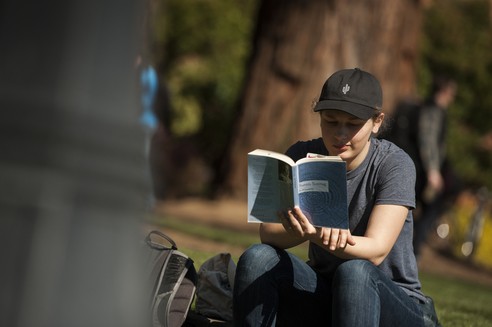 3. Read for Fun
3. Read for Fun